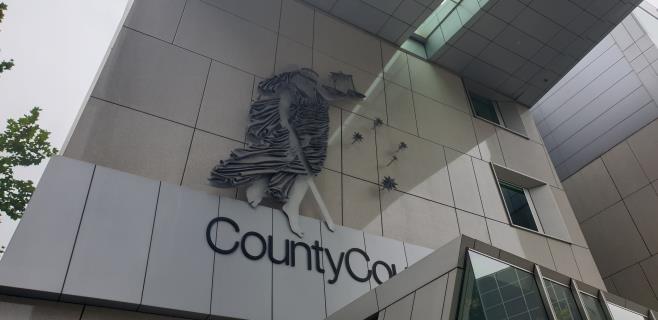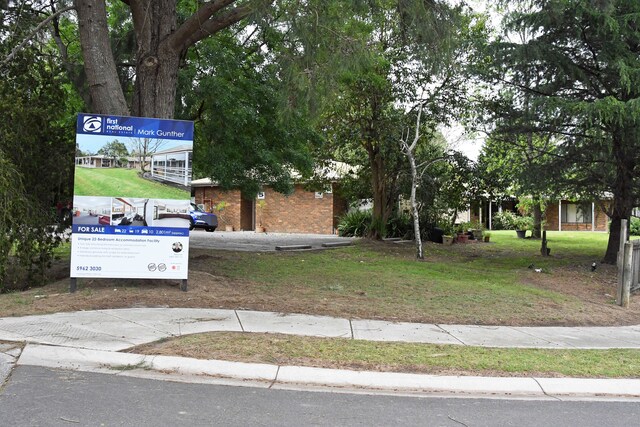In a pre-trial ruling regarding the case of Yarra Valley Park Lane Holiday Park, a judge has decided on what evidence will be heard in the trial.
The caravan park has been accused of failure to meet its statutory duty to ensure the safety of its camping ground to the County Court of Victoria.
On or about 13 March 2021, a large tree branch or tree limb broke from a tree and landed on Benjamin Murphy as he slept in his tent at campsite 93, and he died from his injuries.
The prosecution opening dated 12 January commences with a recitation of the circumstances of the incident on 13 March 2021.
In the pre-trial ruling, the prosecution alleged that there was a risk that a large tree branch or tree limb (or both) could break from the tree and fall to the ground, and if a person or persons were underneath the tree at the time, they could be struck by the falling tree branch or tree limb resulting in serious injury or death.
“The document goes on to allege that the accused had no formal or documented system of work for routinely inspecting trees and their branches to identify the risk of trees or branches falling, nor a policy concerning the frequency with which an arborist should attend the park to perform inspections’,” it reads.
“Finally, the opening summarises the ‘expert’ opinion of Graham Hughes, an arborist who considers that ‘an annual assessment [of trees] should be conducted in locations where people are in the vicinity of trees for periods of time, such as camping grounds’ and that such an assessment should be performed by a trained arborist.”
The prosecution claimed the risk was well known as were the measures available to ameliorate the risk.
“At the time of the incident, it was reasonably practicable for the accused to engage an arborist to undertake an annual assessment of the trees at the workplace and follow any recommendations made by the arborist,” it reads.
“The accused failed to implement the above reasonably practicable measures.”
A defence response dated 5 February has been filed with the court.
In response to the prosecution opening, the accused stated that the prosecution is attempting to impose on the accused a level of perfection which WorkSafe does not require of other caravan parks or similar premises.
The accused objected to the prosecution leading any evidence of the incident as inadmissible and stated failing to lead evidence of an investigation carried out by Cameron Ryder, an expert who wrote a report for the accused about the tree involved in the accident, would be unfair to the accused.
“The accused had in place a comprehensive procedure for safely managing risks associated with trees at the park,” it reads.
“Daily walks were conducted by maintenance staff and management. After the storm activity, the walks concentrated on observing any tree damage from the storm that may need immediate attention.
“Any identified concerns were rectified by maintenance staff or outside contractors.”
As a result, there are three issues that require rulings from the court at this time; the admissibility of evidence of the incident, the admissibility of the evidence of Mr Hughes and whether the prosecutor should call Mr Ryder.
Judge Rozen said it is premature to determine the issue finally at this stage.
“Having regard to the above principles, and the need for restraint by a trial judge in interfering with a decision of a prosecutor, I will not at this stage direct the Director to call Mr Ryder,” it reads.
“Much will depend on the conduct of the prosecution case. It is open to the accused to raise the matter again during the trial if it wishes to.”
The judge said the other unresolved pre-trial issues identified by Mr Russell, who appeared for the accused, are the subject of ongoing discussions.
“I have taken into account that, subject to establishing that his evidence is relevant to the questions for the jury, Mr Ryder could be called to give evidence by the accused,” it reads.
“After all, he was retained by the accused to answer questions put to him by the accused.
“The court is of course available to assist in their resolution as necessary at short notice.”







